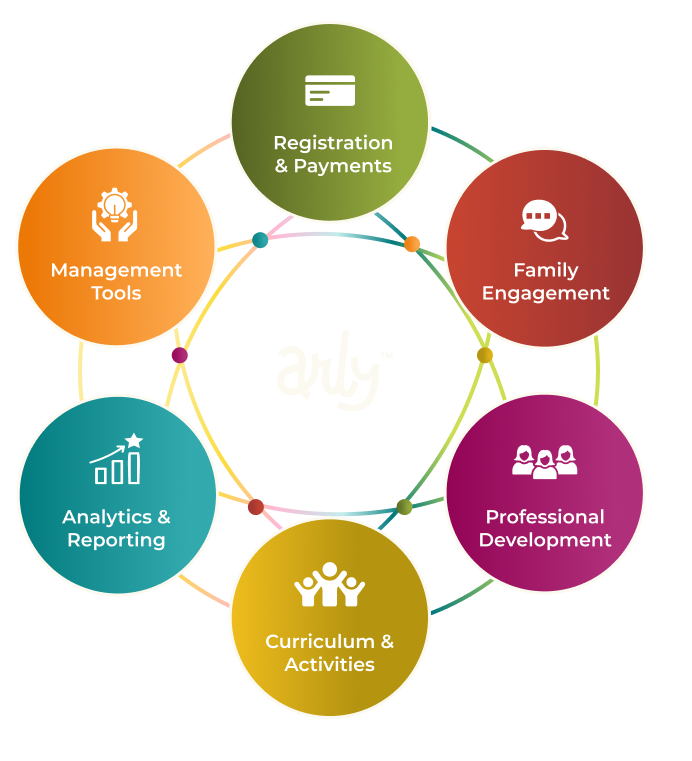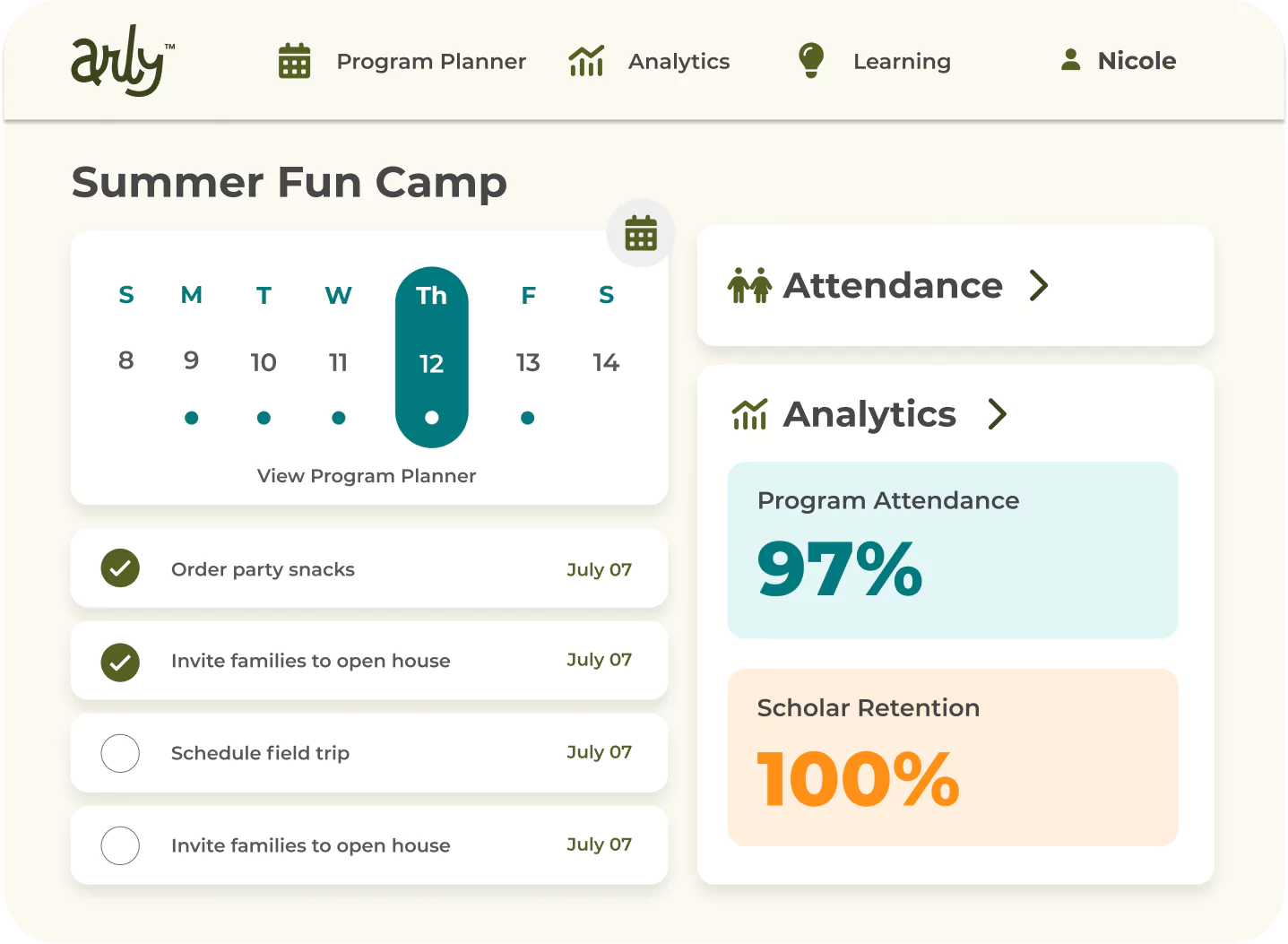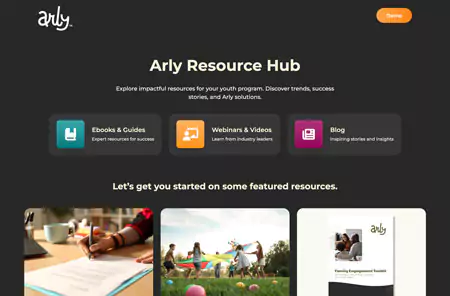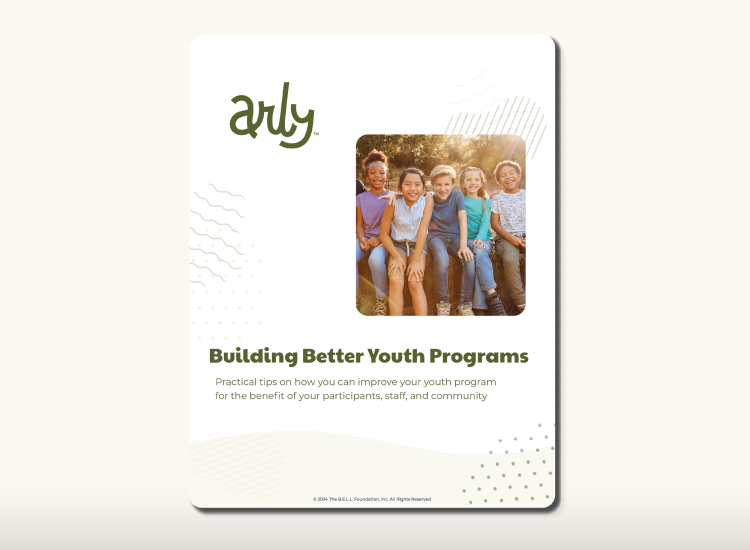Collecting the right data is essential to running a successful youth program. But knowing who to ask, and what to ask them, can make the difference between a surface-level snapshot and a powerful, actionable story of your program’s impact. Youth programs often serve diverse communities, which means data should come from diverse voices.
Whether you're preparing for an evaluation, a grant report, or simply want to better understand your program’s strengths and areas for growth, asking the right questions is key. Here are five sample questions to ask each major stakeholder group to get you started with your data collection, be sure to customize them to your program and feedback needs.
1. Youth Participants
The heartbeat of your program, youth participants offer firsthand insight into how your efforts are received and where improvements are needed.
Sample Questions:
- What part of the program do you enjoy the most, and why?
- Is there anything you would change about the program?
- Do you feel safe and supported here?
- Have you learned or improved any skills during your time in the program?
- Do you feel like your voice is heard and respected in the program?
Why it matters: Youth perspectives help measure emotional engagement, relevance of content, and personal development—metrics that often matter more than attendance or test scores.
2. Families and Caregivers
Parents and guardians are vital partners in a youth program’s success. Their feedback can offer valuable context on how the program affects home life, behavior, academic performance, and how likely they are to return to your program and recommend it to others.
Sample Questions:
- Do you feel your child has enjoyed their experience?
- How easy is it for you to communicate with program staff?
- Are you satisfied with the level of support your child receives?
- Do you feel the program reflects your family’s values and culture?
- What additional support or resources would you like the program to offer?
Why it matters: Families provide insight into longer-term outcomes and can highlight gaps in communication, accessibility, or cultural responsiveness.
3. Program Staff
From facilitators to coordinators, your staff are in the trenches every day. Their perspective can reveal operational challenges and practical ideas for improvement.
Sample Questions:
- What’s working well in your daily interactions with youth?
- Would you recommend working at this program?
- Do you feel adequately trained and supported in your role?
- What feedback have you heard directly from youth?
- What changes would help improve program quality and your job satisfaction?
Why it matters: Staff input helps address issues like burnout, professional development, and program logistics—critical factors in maintaining a high-quality, sustainable program.
4. Community Partners
Whether they provide space, funding, food, or programming, community partners help bring your vision to life. Their feedback is important for long-term collaboration.
Sample Questions:
- What has been most beneficial about this partnership?
- Do you feel valued as a partner to our program?
- How can communication or coordination be improved?
- How does our work align with your organization’s mission?
- Would you recommend other community stakeholders to support our program?
Why it matters: Strong community relationships can expand resources, improve programming, and increase visibility. Honest feedback helps keep partnerships strong and aligned.
5. Funders and Decision-Makers
While they might not be involved day-to-day, funders and board members shape the program’s direction. Their needs are often centered on measurable outcomes and strategic goals.
Sample Questions:
- What outcomes are most important for you to see?
- How clear and useful are our current reports or data summaries?
- What would increase your confidence in the program’s effectiveness?
- Are there specific areas where you’d like to see more innovation or growth?
- How can we better demonstrate return on investment (ROI) or impact?
Why it matters: Understanding your funders’ priorities helps tailor reports and secure ongoing support while keeping your mission and their expectations aligned.
Final Thoughts
Effective data collection starts with asking thoughtful, stakeholder-specific questions. By involving youth, families, staff, partners, and funders in your feedback process, you gain a holistic view of your program’s impact—and uncover new ways to improve and grow.
Bonus tip! Don’t wait until the end of the program. Incorporate ongoing feedback loops and use the data in real time. It’s not just about proving success—it’s about continuously creating it.
At Arly, we are about more than software – we care about the impact your program is making in the lives of your participants. With Arly’s measurement and reporting tools, we help youth programs track key data, amplify success, and utilize feedback to gain insight into their experiences and inform future programming decisions.
Arly is built upon what the evidence proves it takes to get great results, learn more by requesting a free demo today!








%20(39).png)
%20(50).png)
%20(32).png)